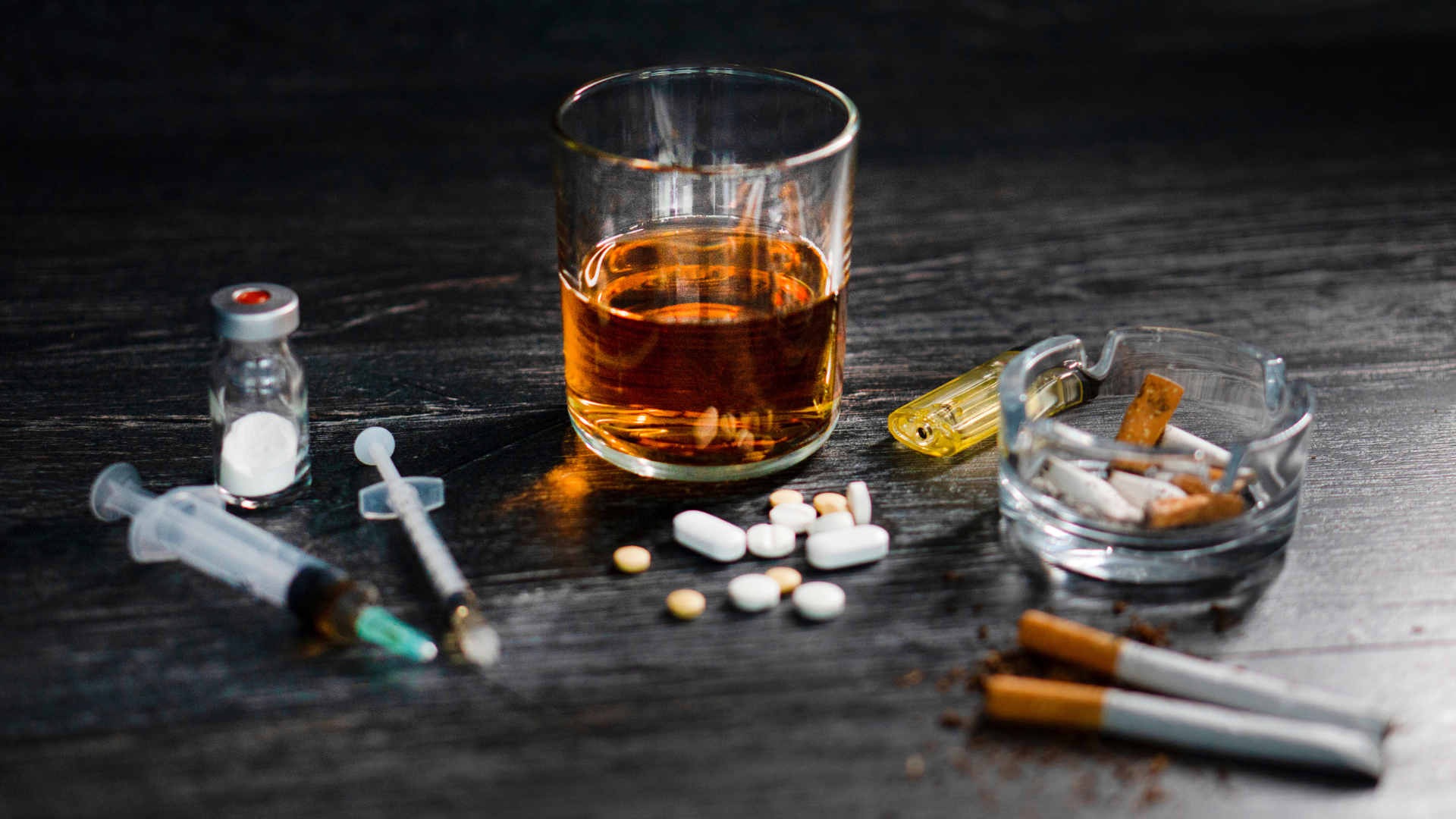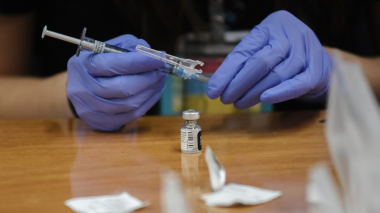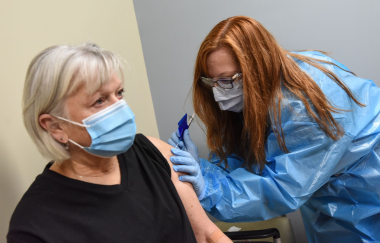Information current as of January 10, 2022.
This article was reviewed by Atrium Health Vice President and Enterprise Chief Epidemiologist Dr. Katie Passaretti.
Throughout the COVID-19 pandemic, there have been times when cases rise dramatically. During those times it can be hard to get a COVID-19 test, despite healthcare organizations across the region doing everything they can to increase availability.
Here are the top questions and answers to help you when cases rise.
What do I do if I have symptoms?
- If you have symptoms of any illness, you can always seek care through your doctor. If your doctor thinks you need it, they can do a test on site or schedule you for one.
- If you don’t want to see a doctor, and just want a test, you can try to find testing from the various sources in the community, including Atrium Health, pharmacies, North Carolina Department of Health and Human Services, South Carolina Department of Health and Human Services or at-home kits.
- Assume you are positive if you don’t get tested (even if you don’t have a known exposure). Wear a mask at all times, sanitize your surroundings and isolate for at least five days, or longer if you continue to have symptoms or are immunocompromised. Continue to wear a mask around others for five additional days if you end isolation at day 5. If you have a fever, continue to stay home until your fever resolves.
Can I get a test at the Emergency Department or Urgent Care?
- To help us provide the appropriate care for those in need, please do not go to an Emergency Department or Urgent Care if all you need is a COVID-19 test.
- If you have life-threatening symptoms, please seek care immediately through 911 or the Emergency Department.
What do I do if I’ve been exposed to someone who tested positive?
Remember, “exposed” means you were within 6 feet of someone for a cumulative total of 15 minutes or more during a 24-hour period.
- If you develop symptoms, get tested for COVID-19 and stay home. If you can’t get a test, assume you are positive and follow the guidelines as if you have a positive test.
- If you don’t have symptoms, but have been exposed, you can try to find testing from the various sources in the community, including Atrium Health, pharmacies, North Carolina Department of Health and Human Services, South Carolina Department of Health and Human Services or at-home kits. To prevent potential spread of the virus depends on your COVID-19 vaccination status.
To prevent potential spread of the virus depends on your COVID vaccination status:
For those who are unvaccinated or are more than 5 months out from their second Pfizer or Moderna dose (or more than 2 months after the Johnson & Johnson vaccine) and not yet boosted:
- Stay home for 5 days. After that, continue to wear a mask around others for an additional 5 days.
- Test on day 5 following your exposure if possible.
- If you can’t quarantine (stay home), you must wear a mask around other people for 10 days.
- If you develop symptoms, get tested for COVID-19 and stay home. If you can’t get a test, assume you are positive and follow the guidelines as if you have a positive test.
For those who are vaccinated and are less than 5 months from their second Pfizer or Moderna dose, (or less than 2 months from receiving the Johnson & Johnson vaccine), or have received their booster shot:
- You do not need to stay home if you do not have symptoms.
- Wear a mask for 10 days after the exposure.
- Test on day 5 after the exposure, if possible.
I took an at home test, do I need an additional test from a doctor?
- If you have symptoms, took an at home test and tested positive, no additional test is needed. Stay home, away from family and others, and seek care if symptoms worsen.
- If you don’t have symptoms, took an at home test and tested positive, you may want to contact your doctor to get different kind of test. In the meantime, assume you are positive and stay home for at least 5 days.
- If you tested negative, and have no symptoms, no further action is needed.
- If you tested negative and develop symptoms or symptoms worsen, seek care from your doctor, assume you are positive and follow the guidelines as if you have a positive test.
I tested positive previously but my symptoms are better. Do I need to get a test to confirm I’m no longer contagious?
- No. Additional tests are not necessary once your symptoms have stopped.
How can I protect myself and others during times when cases are increasing?
- When cases are on the rise, it’s important to follow the precautions like wearing masks and avoiding gatherings – and staying home if you might be sick.
- With the increase in cases due to the highly contagious Omicron variant, we encourage reconsidering New Year’s Eve plans, especially if they involve being around individuals outside your household, indoors in areas with low ventilation, around people who are more vulnerable to illness or who are not vaccinated.
- To help you be more protected in the future, we encourage COVID-19 vaccination, and if eligible, a COVID-19 vaccine booster.
For more information about COVID-19, including testing and care options, visit AtriumHealth.org/Coronavirus.



